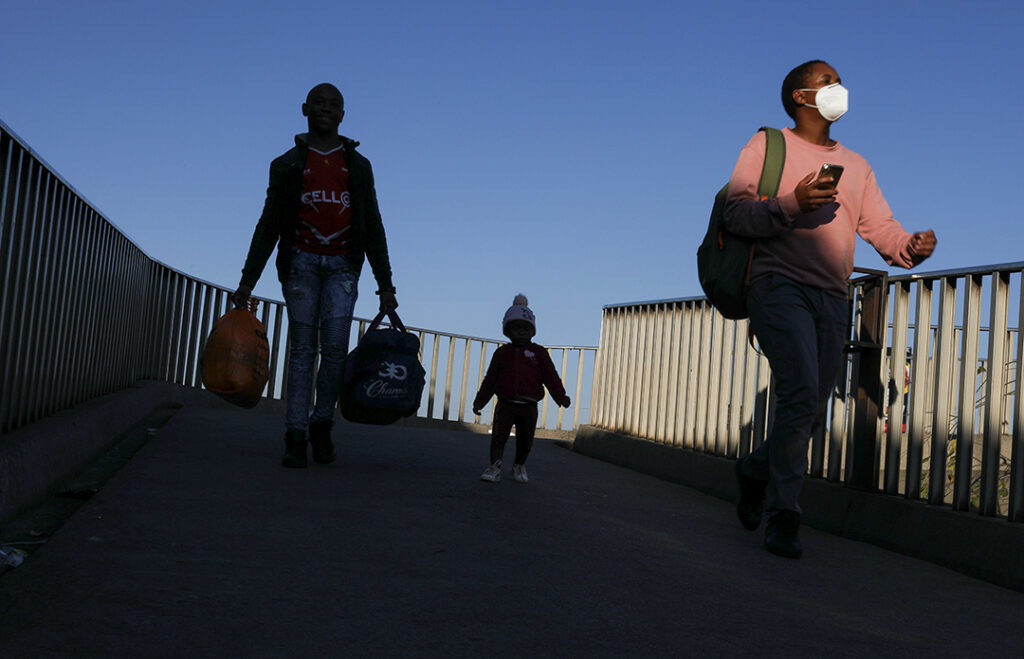ADF STAFF
Dr. Tedros Adhanom Ghebreyesus, director-general of the World Health Organization, had a simple message for the WHO’s first in-person assembly in two years: Life might be returning to normal in many countries, but it’s important to remember that the COVID-19 pandemic is far from over.
“I know that’s not the message you want to hear, and it’s definitely not the message I want to deliver,” Tedros told the World Health Assembly.
The omicron variant and its array of sublineages have caused rising case numbers in at least 70 countries around the world.
Across Africa, COVID-19 caseloads rose an average of 36% in May as multiple countries experienced new waves of infections after a lull of several months. Cases were up 23% in East Africa, up 40% in Central Africa and up 14% in West Africa. North Africa saw a 17% increase during that time, according to the Africa CDC.
In Southern Africa, cases rose 40% on average for the month as a new wave driven by omicron’s BA.4 and BA.5 sublineages swept the region during its traditional cold and flu season.
Although early research suggested that the omicron variant is less severe and less deadly than previous variants, new studies show that its impact is virtually identical to previous variants among those without natural or acquired immunity.
“This virus has surprised us at every turn — a storm that has torn through communities again and again, and we still can’t predict its path, or its intensity,” Tedros said.
Cases in South Africa alone rose nearly 60% over the month of May, according to the Africa Centres for Disease Control and Prevention. Deaths rose 80% during that same period, the Africa CDC said.
Even as cases are rising, testing has dropped sharply worldwide, Tedros noted.
Testing helps public health officials track the spread of the virus and the rise of new variants as the virus continues to spread and evolve.
According to Africa CDC data, testing has been inconsistent, falling during lulls in infections and rising sharply during waves. The third and fourth weeks of May illustrate that fact: Testing was down 9% in the third week to 483,000, then more than tripled to more than 1.5 million in the fourth week as the fifth wave took hold in Southern Africa.
Public health leaders say the continent needs more regular and consistent testing to catch outbreaks at their source and stop them before they become widespread. Without more consistent testing, public health systems will struggle to catch new variants before they can run rampant, according to health experts.
“We are blinding ourselves to the evolution of the virus,” Tedros said.
In African countries, case positivity remains about 11%, which is more than double the WHO’s standard for imposing restrictions to prevent spread. In Southern Africa, positivity rates are above 12%.
Misinformation and disinformation continue to undermine efforts to bring the pandemic under control.
Tedros urged nations around the world to remain vigilant and to work with other countries to end the pandemic.
“The pandemic will not magically disappear,” Tedros said. “But we can end it. We have the knowledge. We have the tools. Science has given us the upper hand.”

